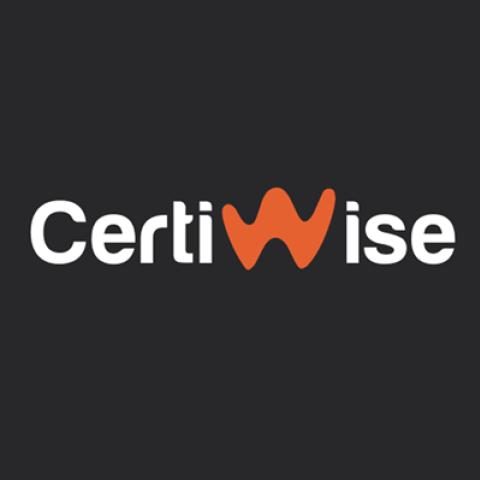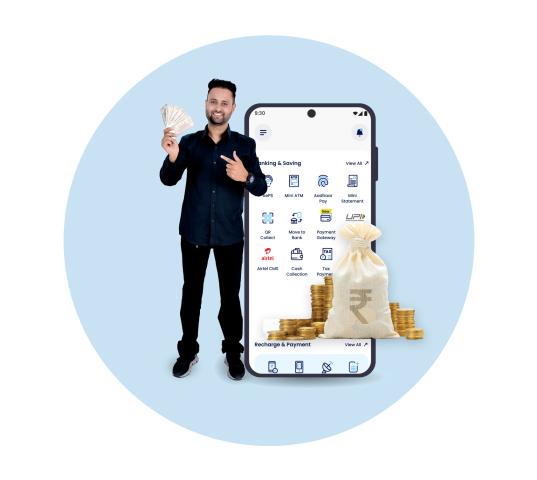This blog post explores effective event marketing strategies specifically tailored to propel your salestech business forward. We'll delve into both virtual and in-person event formats, along with content syndication tactics to maximize your reach and impact within tech publications like Ciente sphere.
Defining Your Event Goals
Before diving headfirst into event planning, it's vital to establish clear goals. What do you hope to achieve through your event? Here are some common objectives for salestech companies:
- Brand awareness: Increase industry recognition and establish your company as a thought leader in the salestech space.
- Lead generation: Capture valuable leads from potential customers interested in your solutions.
- Customer engagement: Build stronger relationships with current customers and foster brand loyalty.
- Product education: Showcase the features and benefits of your salestech platform and educate attendees on its capabilities.
Once you've identified your goals, you can tailor your event format, content, and target audience accordingly.
Exploring Event Formats for Salestech
The beauty of event marketing lies in its versatility. Salestech companies can leverage various formats to reach their target audience, each with its own advantages:
- Webinars: This cost-effective and convenient format allows you to reach a global audience while offering valuable insights and product demonstrations. Partnering with industry influencers for co-hosted webinars can further enhance your reach and credibility.
- Industry Conferences and Trade Shows: These events provide a platform to showcase your salestech solutions to a concentrated audience of potential customers and industry professionals. Participating in panel discussions, speaking engagements, or hosting a booth allows you to directly connect with decision-makers.
- User Group Meetings: Hosting or sponsoring user group meetings caters to your existing customer base. It fosters a sense of community, allows customers to network and share best practices, and provides valuable feedback opportunities for you to improve your salestech platform.
- Virtual Events: Virtual events offer the flexibility and cost-effectiveness of webinars with a more immersive experience. Utilize interactive features like polls, Q&A sessions, and breakout rooms to keep attendees engaged.
Content is King (and Queen): Crafting Compelling Event Experiences
Regardless of the format, compelling content is the cornerstone of any successful salestech event. Here are some tips to ensure your event delivers value and attracts your target audience:
- Focus on Industry Pain Points: Address the challenges faced by your target audience and showcase how your salestech solutions can provide tangible solutions.
- Showcase Customer Success Stories: Real-world examples demonstrate the effectiveness of your salestech platform and resonate with potential customers.
- Incorporate Interactive Elements: Polls, quizzes, and live demonstrations keep attendees engaged and create a memorable experience.
- Leverage Industry Experts: Partnering with renowned figures in the salestech space adds credibility to your event and attracts a wider audience.
Content Syndication: Amplifying Your Event Reach
Once you've planned an impactful event, don't let its reach end there. Here's how to leverage content syndication strategies to maximize its impact:
- Pre-Event Buzz: Create pre-event content like blog posts, social media teasers, and email campaigns to generate excitement and encourage participation.
- Post-Event Content: Repurpose valuable content from your event into blog posts, infographics, or downloadable resources for distribution through your website and social media channels.
- Tech Publication Outreach: Engage with relevant tech publications in your niche. Offer exclusive interviews, sponsored content, or guest blog posts featuring key takeaways from your event.
By following these strategies, you can leverage content syndication to extend the reach of your event, generate high-quality leads, and establish your salestech company as a thought leader within the tech publication landscape.
Measuring Success: Tracking Your Event Marketing ROI
Tracking your event marketing ROI (Return on Investment) is essential to gauge its effectiveness. Here are some key metrics to consider:
- Number of attendees: Track registrations and attendance to measure the reach of your event.
- Lead generation: Monitor the number of leads captured through event registration forms and follow-up interactions.
- Social media engagement: Analyze social media mentions and engagement around your event hashtag.
- Website traffic: Track website traffic generated


















